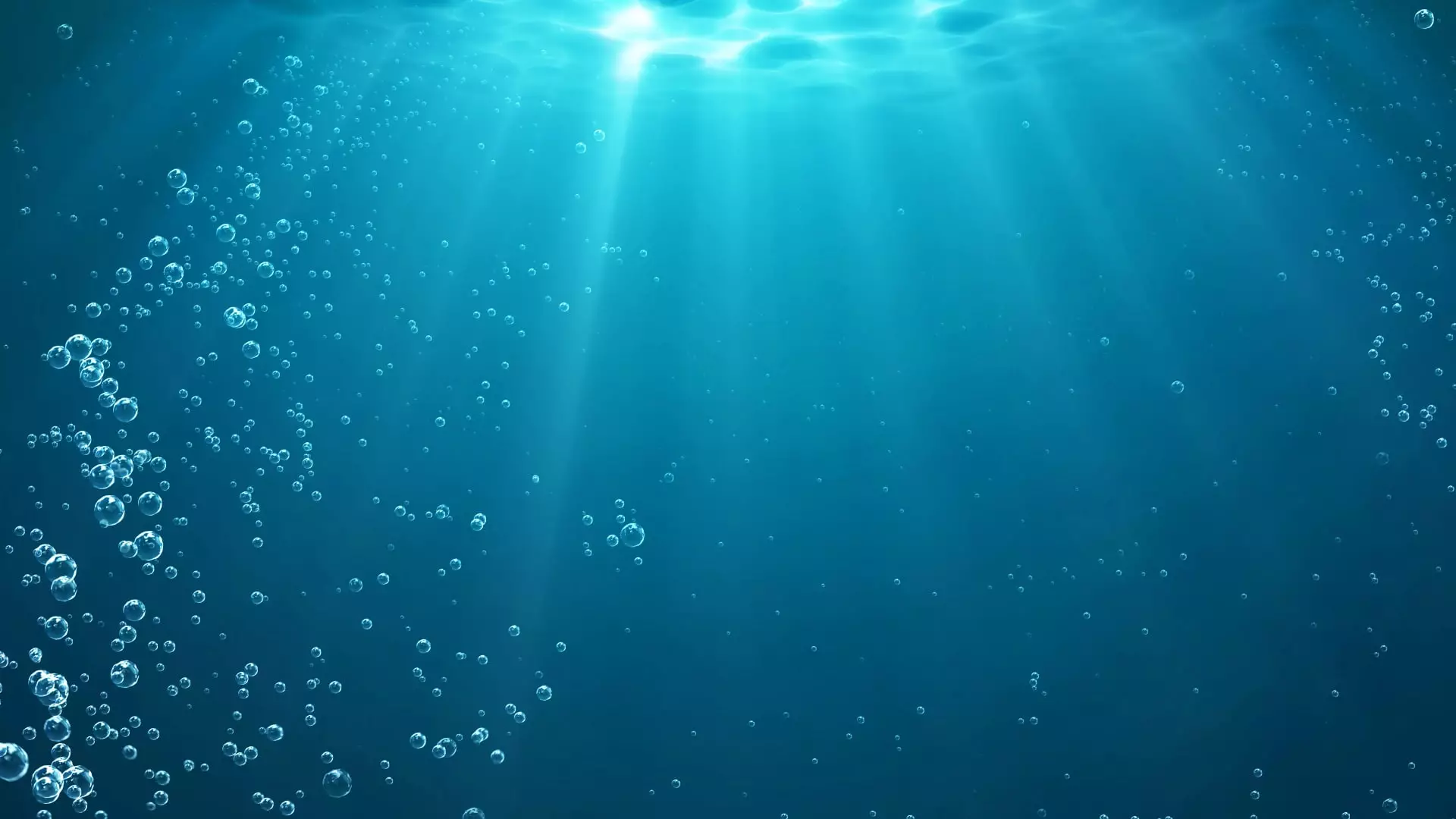In a groundbreaking discovery, a team of international scientists recently unearthed evidence pointing to the production of oxygen in the depths of the Pacific Ocean. These oxygen-producing nodules, resembling potatoes, were found thousands of feet below the ocean’s surface, challenging the conventional wisdom surrounding oxygen production. Published in the prestigious Nature Geoscience journal, the findings have the potential to revolutionize our understanding of the origins of complex life on Earth.
Led by Professor Andrew Sweetman at the Scottish Association for Marine Science in the U.K., the research team revealed that oxygen is being generated in complete darkness at a depth of approximately 4,000 meters. This contradicts the long-held belief that oxygen is exclusively produced by photosynthetic organisms, such as plants and algae, that rely on sunlight for energy. The emergence of “dark oxygen” raises significant questions about the possibility of aerobic life originating in environments devoid of light.
During ship-based fieldwork in the Pacific Ocean, researchers collected samples from the Clarion-Clapperton Zone, an abyssal plain located between Hawaii and Mexico. The analysis of metallic nodules recovered from the seabed showed a high electric charge, indicating the potential for seawater electrolysis to occur. This process could lead to the splitting of seawater into hydrogen and oxygen, shedding light on the mysterious phenomenon of oxygen production in the deep-sea.
While the discovery of “dark oxygen” opens up new avenues of scientific inquiry, it also raises concerns about the impact of deep-sea mining activities. The extraction of valuable minerals and metals from the ocean floor, such as cobalt, nickel, copper, and manganese, poses significant environmental risks. The profound implications of deep-sea mining on marine ecosystems and biodiversity have prompted calls for a moratorium on this controversial practice.
Professor Sweetman emphasized the need for continued research into “dark oxygen” production and its implications for deep-sea ecosystems. The study, partially funded by a Canadian deep-sea mining firm, underscores the importance of a balanced approach to scientific exploration and environmental conservation. With the urgent need to address the potential consequences of deep-sea mining on marine life, further investigation into the biological and ecological significance of oxygen production in the deep sea is paramount.
The discovery of oxygen-producing nodules in the deep sea represents a paradigm shift in our understanding of marine environments and their role in sustaining life on Earth. As scientists delve deeper into the mysteries of the ocean’s depths, it is imperative to prioritize conservation and responsible stewardship of the world’s oceans. By unlocking the secrets of “dark oxygen,” we may gain invaluable insights into the interconnectedness of all life forms on our planet and the delicate balance that sustains them.



Leave a Reply